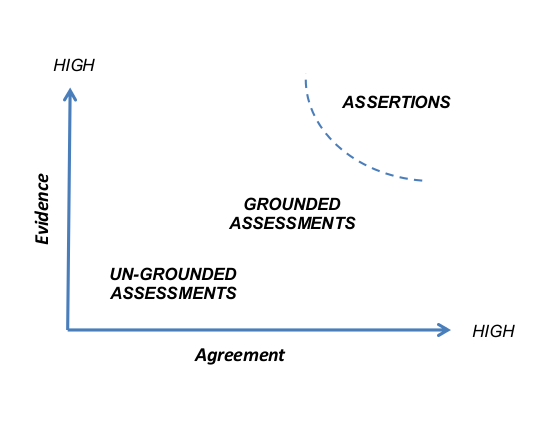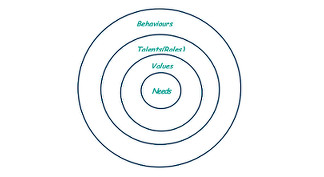Taking a chance and taking to the road
We’re skipping winter this year
On the first of May 2004, we’re hitching up the campervan, loading up the boat, and heading our 4WD north for 3 months. After a challenging two years that included the death of a parent, we’re planning to skip winter this year.
“Oh, aren’t you lucky?”
Well, yes and no. Yes, we are – lucky to have our health and lucky to live where we live. But the rest of the equation is about intention and planning – NOT luck. This is our choice, something we want to do – to relax, to explore, to recharge. Having both lost near relatives, we’re convinced that life is short, and that waiting “until we can afford it” or “until we retire” may leave us full of regrets instead of experiences. We’ve planned this for over a year.
Destination versus process
One thing we HAVEN’T done is set a detailed itinerary. Our aim is a journey, an exploration,not a destination. This wouldn’t suit everybody, but it gives us freedom to experience “unexpected good”.
We WILL aim to enjoy the process of travelling – the different places, the great people you meet on the road, and the challenges that arise when the unexpected happens.
Intention, interests, opportunity – THEN destination
We don’t have a schedule, but we do have intentions. Our key aim is to avoid the foggy grey winter of Victoria’s Dandenong Ranges – we’re off to find some sun and some water.
We know our interests and keep looking for ways to combine them. I’m fascinated by nature – birds and plants. To combine these interests, we’re researching how much water may be left in Lake Eyre in May, and what bird life and unusual flowers could be around.
But what about …
Money? Family? Work? These are design challenges – the question we ask is: “HOW can we … HOW can we afford this? HOW can we
arrange this to fit in with work and family commitments? Asking CAN WE…? typically creates two options: YES or (too often) NO.
Asking HOW CAN WE…? starts our minds searching for the answers instead of only looking at limitations.
What about you?
What would you like to be “lucky” enough to do? What values are important to you? What passions and interests might combine to create a unique journey for you? What design processes could you explore that might create serendipity – that “luck” that arises from the combination of unexpected factors?
Play “what if” for a moment
Use our example, or take one of your own. HOW CAN YOU … take three months off in 2005? What will you need to organise? How much money will you need to save? Who will you need to make sure was looked after? We don’t get much time on this planet – HOW CAN YOU make best use of yours?
(Originally published in BCS Update, April 2004)




